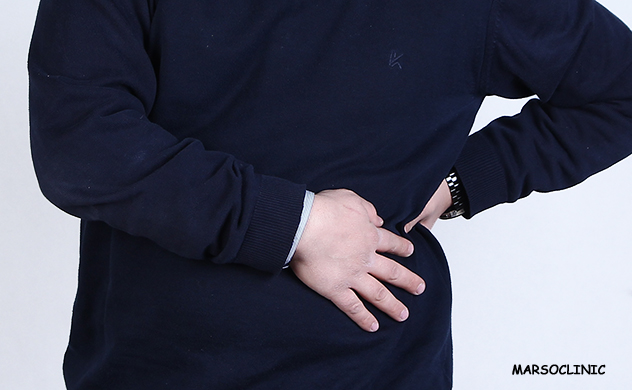
Associate Professor of Orthopedic expert,Brigham Hostpital
Excessive alcohol consumption is a dangerous toxin for your hematological system, which includes the blood, bone marrow, liver, and spleen.
If drinking alcohol is an unavoidable part of your daily life, be aware that splenic dysfunction can be waiting for you.

What is the spleen?
The spleen is a member of our body's hematopoietic and immune system, located below the ribs and on the upper left side of the abdomen.
In our childhood, the spleen makes blood, and in adulthood, it is responsible for storing blood and purifying the blood from old and dead cells, as well as strengthening the immune system against some bacteria. Your spleen will be the size of your closed fist.
What does alcohol do to your spleen?

Studies have shown that in People who suffer from liver disease and disorders following alcoholism (alcoholic liver disease); their splenic function is severely reduced (severe hyposplenism); in addition, it seems that alcohol itself can cause severe disorders in spleen function without intermediaries, Although more studies are needed, spleen damage may be related to both consumption and duration of alcohol use.
We said that one of the functions of your spleen is to clear old and abnormal blood cells from your bloodstream. Doctors also call the spleen a graveyard of old and defective red blood cells. Following the consumption of alcohol, an abnormally shaped red blood cell is formed. This red blood cell is called a pitted RBC.
In alcoholics, the percentage of these pitted RBCs increases; these defective forms must be cleared of blood by the spleen.
Further research is needed to prove that these cells result from a mild alcohol-induced hyposplanemia or that they are merely a modification of the RBCs diet.
Suppose your spleen is surgically removed (splenectomy) due to a disorder such as sickle cell crisis, ITP, or injuries and accidents. In that case, you are more likely to develop bacterial infections, and your recovery will take longer.
Of course, we will be given vaccines to prevent and reduce the severity of these infections, which can sometimes be very dangerous.
Doctors have some disagreements about alcohol consumption in people without a spleen.
Usually, a person who does not have a spleen after a splenectomy does not need to follow a special diet, but doctors have a different opinion about alcohol.
Some say that it is unnecessary to observe restrictions on drinking alcohol; in contrast, some justify the moderate consumption of alcohol.
Therefore, if you do not have a spleen, you should ask your doctor for advice on continuing to drink alcohol or possible changes.